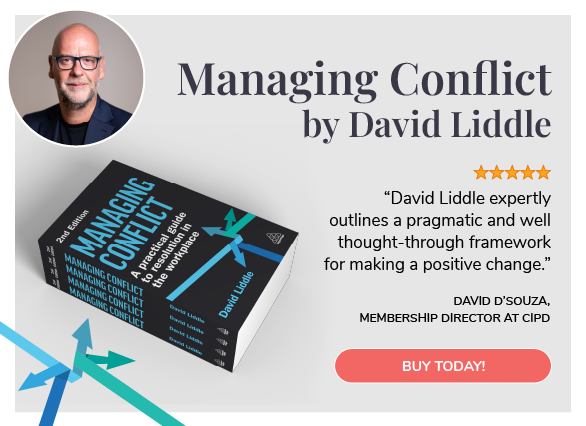
Share article:
Tags:
Inclusion goes beyond mere representation—it’s about creating an environment where every individual feels valued, heard, and empowered to contribute their unique perspectives. As we navigate a world that thrives on diversity, here’s why prioritising inclusion should be a strategic initiative for every organisation, and some actionable steps to make it a reality.
The Business Case for Inclusion
1. Innovation and Creativity:
Embracing diversity of thought leads to a more dynamic and innovative workplace. Diverse teams bring together a rich tapestry of experiences and perspectives, sparking creativity and driving innovation. Inclusion ensures that every voice is heard, unlocking the full potential of your workforce.
2. Employee Engagement and Retention:
Inclusive workplaces foster a sense of belonging, which directly correlates with higher levels of employee engagement. When individuals feel seen and valued, they are more likely to stay committed to their roles, reducing turnover rates and the associated costs of recruitment and training.
3. Market Relevance:
In a globalised world, organisations must resonate with a diverse customer base. A workforce that reflects the diversity of your market is better positioned to understand and meet the needs of a wide range of customers, enhancing your organisation’s market relevance.
Practical Steps Towards Inclusion
1. Leadership Commitment:
True inclusion starts at the top. Leaders must champion diversity and inclusion, demonstrating a commitment that permeates through all levels of the organisation. This commitment should be visible in both words and actions: values-based leadership.
2. Diverse Recruitment and Hiring Practices:
Implementing unbiased recruitment processes ensures that your organisation attracts talent from a variety of backgrounds. This includes adopting blind resume reviews, diverse interview panels, and targeted outreach strategies.
3. Training and Education:
Regular diversity and inclusion training programs can raise awareness and foster a culture of respect. Training should not only focus on mitigating unconscious biases but also on celebrating differences and creating a safe space for open dialogue.
4. Employee Resource Groups:
Establishing designated groups provides a platform for employees to connect, share experiences, and advocate for positive change. These groups can be instrumental in fostering a sense of community and providing valuable insights to leadership.
5. Flexible Policies:
Recognise and accommodate diverse needs by implementing flexible work policies. This can include remote work options, flexible hours, and other measures that support work-life balance for all employees.
Prioritising inclusion is not a one-time initiative but an ongoing journey. Organisations must continually assess and evolve their practices to ensure they remain inclusive and reflective of the diverse world we live in. By fostering a culture of inclusion, organisations not only enhance their internal dynamics but also contribute to a more equitable and harmonious society at large.
The imperative for organisations to prioritise inclusion is clear. It’s not just a moral or ethical responsibility; it’s a strategic imperative for long-term success. Together, we can create a future where inclusion is not just a buzzword but a fundamental aspect of organisational DNA.
Explore Actionable Steps with the TCM Group
- Workplace mediation creates a culture of open dialogue, promoting compassion, empathy, respect, courage, trust, and tolerance.
- Our Bullying, Harrassment & Diversity training course is a fully interactive programme where trainers simulate subtle and realistic scenarios that reflect potential day-to-day situations.
- Employees can benefit from individual and team coaching, learning how to maximise their individual strengths and build relationships.
- Dive into inclusive management and leadership training, to stimulate wellbeing, performance, growth and innovation.








